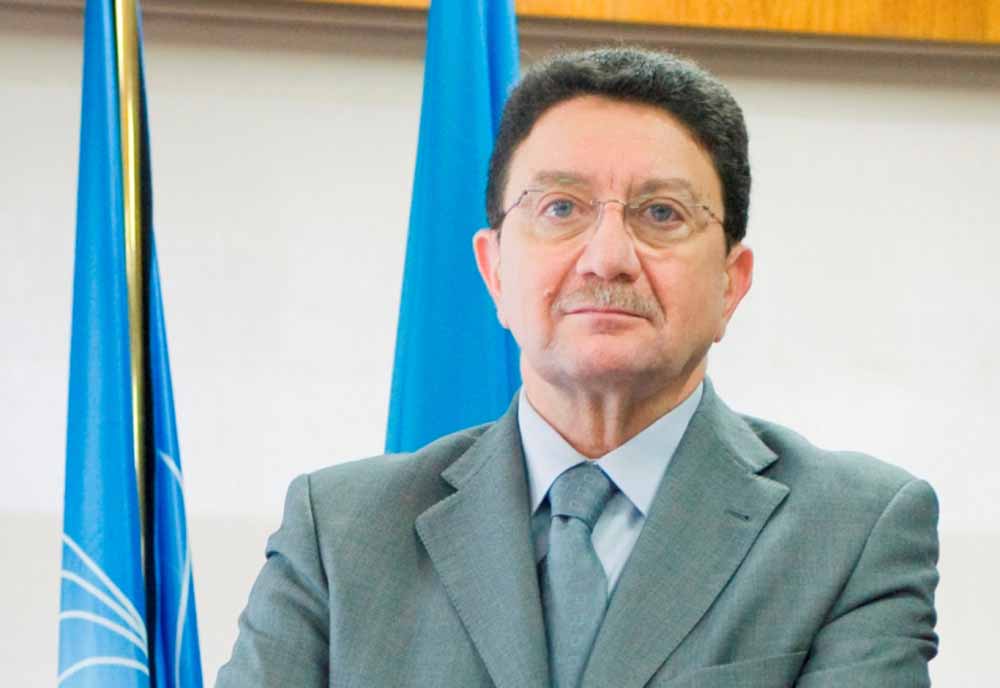Arabian Travel Market (ATM) and the World Tourism Organization (UNWTO) will hold the first Middle East Tourism Ministers Summit on April 30.
The event will follow up on the UNWTO Ministers’ Summit at WTM, which was attended by several regional leaders, including HE Mounir Abdel-Nour, Minister of Tourism, Egypt and HE Ahmed Abdulla Al-Nuaimi, chairman, Qatar Tourism Authority.
Misperception was highlighted as one of the most pressing challenges during the Summit, with participants stressing that the Middle East should not be viewed as a single block, but rather as different countries with different realities and definitions.

| Advertisement |
Reed Travel Exhibitions group exhibition director Mark Walsh said: “Our decision to invite the region’s tourism ministers was spurred not only by the wave of positive sentiment felt across the industry as the first signs of post Arab Spring democracy have emerged, but by the points raised at the UNWTO/ATM session at the WTM”.
UNWTO Secretary-General, Taleb Rifai commented: “The ongoing changes in the Middle East and North Africa bring enormous opportunities.
“Rule of law and democracy will empower local communities, opening the door for these to be better engaged in the process of tourism development. There will surely be a more transparent business environment, increased support for smaller businesses as well as stronger regional integration and cooperation.”
Rifai said that despite the setback in visitor arrival figures due to the ongoing events of the Arab Spring, with a 9% decrease in tourism growth in the Middle East year-to-date, the UNWTO was forecasting the resumption of growth in the medium and long term.
“Tourism in the Middle East and Africa has been a success story – rising from just 18 million visitors in 1990 to more than 70 million last year. Looking to the future, we believe that this figure will grow to 195 million visitors by 2030, with the new political climate bringing tourism closer to the people as well as creating a healthier business environment and fostering regional integration which is an important element to promote sustainable tourism,” said Rifai.










 Search our database of more than 2,700 industry companies
Search our database of more than 2,700 industry companies









